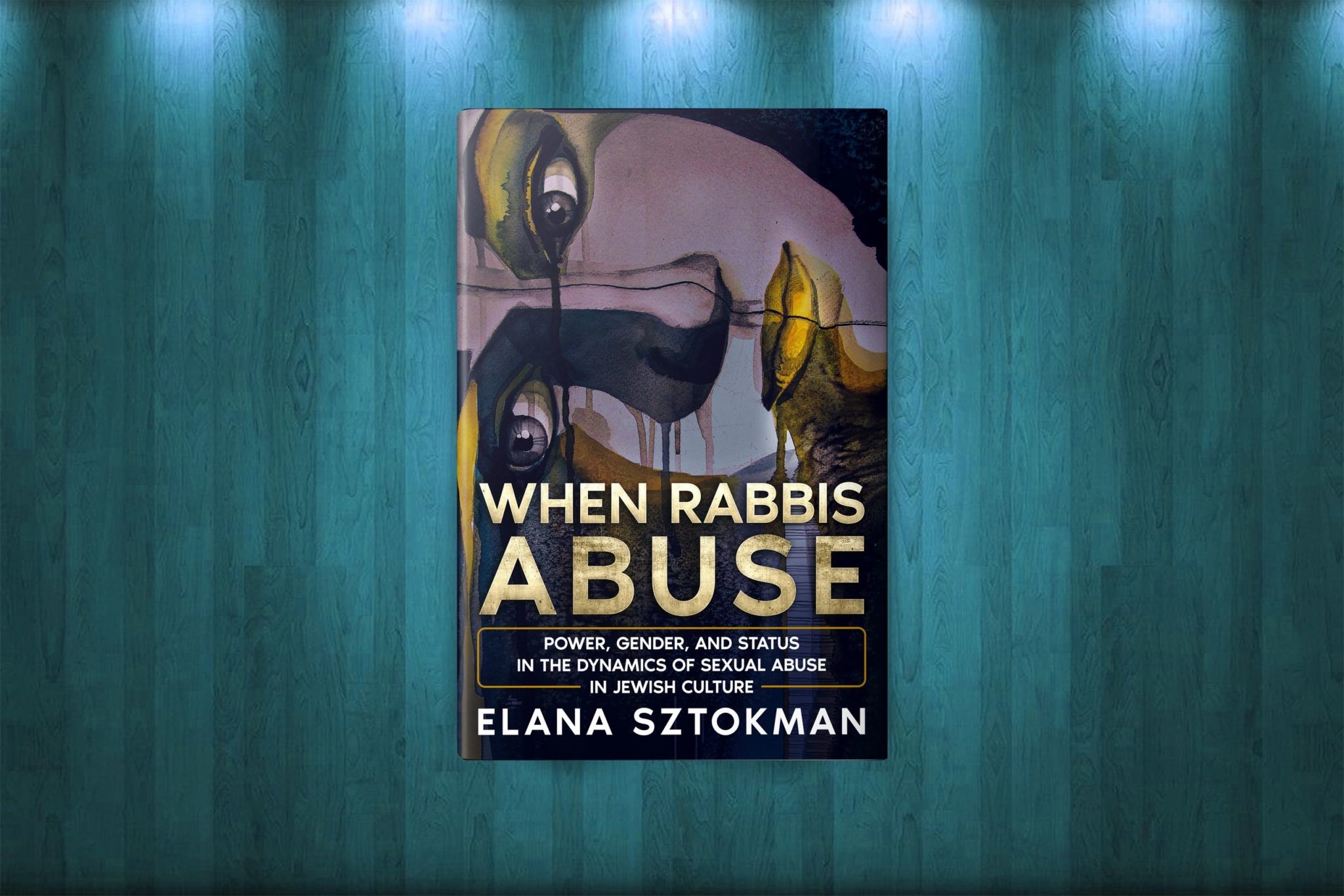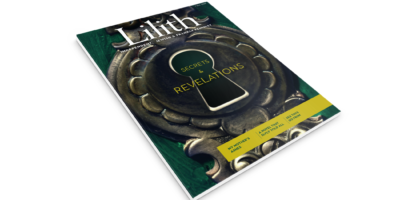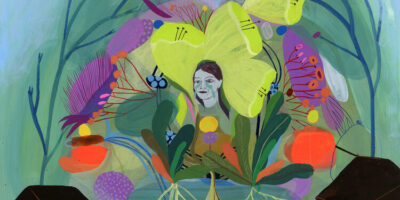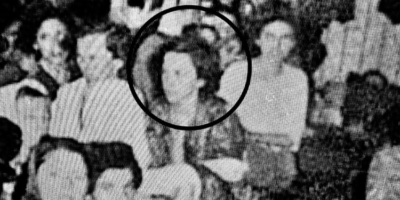
Powerful Men, Sexual Predation
In 2015, educator Dr. Elana Sztokman published an article on high-profile Jewish sexual abusers who had received high-profile support in the Jewish community. She hit a nerve. “People began contacting me and sharing shocking stories… I had barely scratched the surface.”
That realization was part of Sztokman’s motivation in writing her latest book, When Rabbis Abuse, which explores the painful, and until recently, unspoken issue of sexual abuse perpetrated by religious, social and cultural leaders in Jewish communities. Sztokman writes that Jewish communities have yet to seriously address the phenomenon.
What compelled you to investigate this subject?
It was the natural outcome of everything that I have seen and done in my life. My decades of feminist activism showed me that almost every woman who became a feminist came from a place of trauma. We arrived here from bad experiences—whether our own or our mothers’ or our teachers’ or our friends’—that live in our bodies and consciousness. Certainly, for some people out there, debates about women’s bodies are just another thought experiment, like lines in the Talmud. Like the Republicans in Congress who talk about reproductive rights as if there is some kind of abstract philosophical issue.
Ultimately, though, the book is not just about women, or just about feminism. People of all genders can be victims, and people of all genders can be abusers. While the patriarchy is a very important component in the dynamics of abuse in many places, it is not the only component: status, narcissism, and the willingness to exploit for one’s own ego needs, are dynamics that surpass gender.
In the course of your research, did you find any relevant differences between how abuse is handled in Orthodox communities, such as the one you were raised in, and more secular Jewish institutions?
The cover-ups happen everywhere. The grooming by charismatic leaders is almost identical across communities, even if rabbis of different denominations will use different code words for grooming—e.g., Buber and tikkun olam in the liberal spaces versus mitzvot, kedusha, and shidduch prospects in Orthodox circles. The differences are in the minutiae. Reform rabbis have guitars, and Orthodox rabbis havel anguage of halakha and purity. One has a mechitza and the other has hugs. But those are minor details. Everyone puts rabbis on pedestals. Everyone values charisma, which is a trait of performance and not one of integrity or character.
The most jarring common denominator is that every single group wants to believe that the problem of sexual abuse lies elsewhere. Every group tells itself the lie that they are special. It’s a drilling down of the notion of chosen-ness. We all are taught that Jews are special, that we are different, that this kind of terrible thing doesn’t happen by “us.”
One of the things you’ve done in this book is put together a “Profile of the Jewish Abuser.”
In some ways, the profile of the Jewish abuser is just like every other abuser. They are generally narcissistic, emotionally manipulative, charming, charismatic, beloved characters who are publicly endeared. They enjoy a Dr. Jekyll/Mr. Hyde persona that they are able to hide behind so that people believe they can do no wrong and victims must be lying or crazy or vindictive or whatever.
But it’s more than that. Rabbis who abuse also have extra tools at their disposal to reel in their victims. They use pastoral intimacy—which remains an area of rabbinic life that is unsupervised, unguarded, and gives abusers free access to their prey. We as a community need to take a closer look at this.
But in essence, rabbis who abuse are not that different from Catholic priests, baseball coaches, or camp counselors who abuse. I wanted to show that Jewish abusers are just like all other abusers, and also carry certain Jewish-centric behaviors based on communal values and cultures.
What was the most difficult thing for you personally about writing this book?
It was all hard for me. The pain of the victims/survivors is tangible. The cruelty of our culture is shameful. And there were also many aspects of the stories that I have experienced or witnessed, so I often had my own visceral reactions, and many of my own memories coming up. Sometimes ,I would be listening to an interview and having my own flashbacks. And then I had to write about it all and sit on this material, for months and years. During the writing process, I had to take pauses often. I would write a chapter, and then take a three hour walk on the beach to get it out of my system. I did that a lot.
And let me just say, it’s very hard to come back from this and walk back into a shul as if everything is okay.
From the Lilith Blog, September 2022. Read the full article here.








